Black Lives Matter: Traditional owners speak out
Artists, athletes, activists. Traditional owners from across the Far North have spoken out on key issues raised by the Black Lives Matter movement. Here is what they said.
Cairns
Don't miss out on the headlines from Cairns. Followed categories will be added to My News.
Lisa FATNOWNA,
CAIRNS HOCKEY
What do you think are the next steps that need to be taken in Australia to help us move forward with reconciliation and equality?
Recognising that just because the movement and the protests have died down, that Black Lives still matter every day. People need to recognise and take in that this has been a worldwide problem for countless years. We encourage others to educate themselves on this important matter, join us and use their social media platforms and connections to help make the changes we need.
What are some of the standout experiences, good or bad, that you recall, growing up as an indigenous person?
In grade 7, I experienced severe bullying due to the colour of my skin. I would have girls chase me around school and my only escape was running to the bathroom and locking myself in the toilet and I would sit there and break down.
What do you think needs to be done to help improve overall outcomes for indigenous Australians?
We need more people to actively engage in reasonable conversations and not be afraid to share their ideas. We need everyone believing that this is such an important issue.
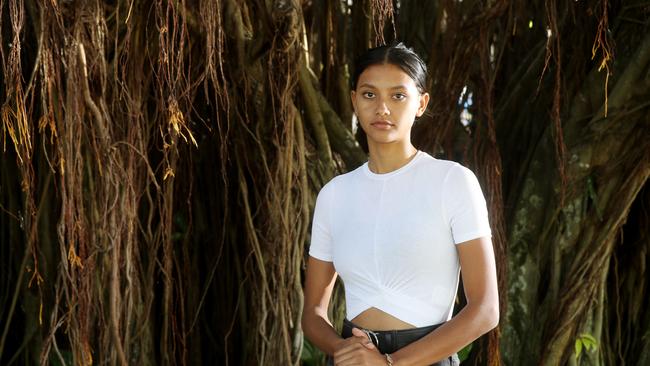
AARON FA’AOSO
ACTOR
What do you think are the next steps that need to be taken in Australia to help us move forward with reconciliation and equality?
I feel that opening the discussion was an important first step but we really need to make sure that our leaders and communities turn this discussion into action. One critical step in bringing First Nations voices to the table is the Voice to parliament.
What are some of the standout experiences, good or bad, that you recall, growing up as an indigenous person?
Some of my fondest memories growing up were playing sport including rugby league, AFL, rugby union and basketball. Unfortunately I have also been refused service at bars, entry at night clubs, stalked by security at shops and detained by police seemingly for no other reason than for the colour of skin.
What do you think needs to be done to help improve overall outcomes for indigenous Australians?
Governments need to focus on improving conditions faced by First Nations peoples overall by improving housing, education, school-based training into employment as an alternative to the university pathway.
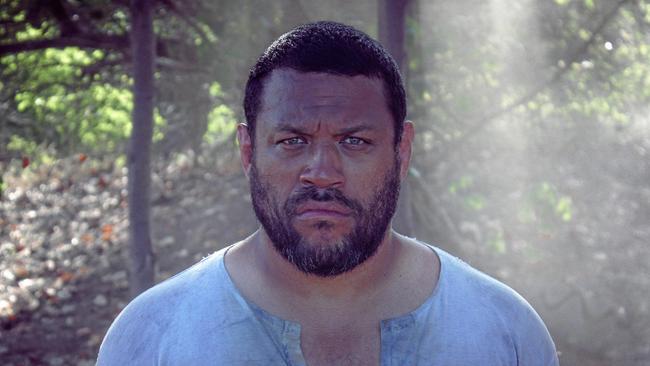
TOMMY PAU
PRINT ARTIST
What do you think are the next steps that need to be taken in Australia to help us move forward with reconciliation and equality?
I don’t see anything wrong with Australia as it gives everybody an opportunity to do and be whatever they want to be.
But I do also understand why people would protest and hold marches – it’s out of years of frustrations. Things were building up.
As for reconciliation, some think it’s about giving back the country. It’s not, it’s making us one people.
What are some of the standout experiences, good or bad, that you recall, growing up as an indigenous person?
I still get people telling me to go back where I come from. But I never let that deter me from achieving goals. I’ve pulled myself together and went to get a degree. Everybody has an opportunity and it’s up to you to make something of yourself.
What do you think needs to be done to help improve overall outcomes for indigenous Australians?
It can start is in the community with the people. Blame shifting and victimisation will never allow our people to become resilient and stand up for ourselves.
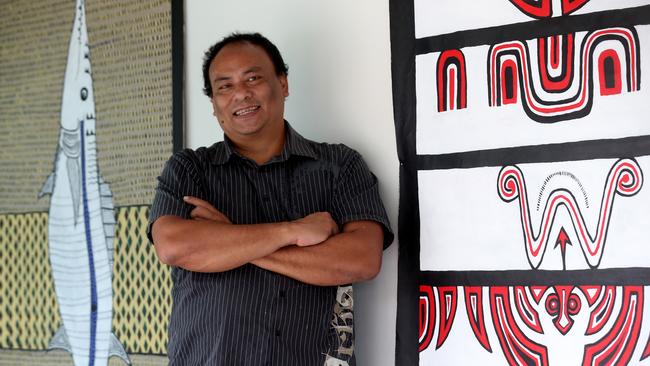
HENRIETTA MARRIE,
INDIGENOUS RIGHTS ACTIVIST
What do you think are the next steps that need to be taken in Australia to help us move forward with reconciliation and equality?
First we have to acknowledge that racism exists in Australia, and particularly in its institutional and systemic forms. Secondly, since colonisation we have suffered from the legacy of being a managed people. Aboriginal people are often employed by service providers, but at very low levels, and not as executives and managers.
What are some of the standout experiences, good or bad, that you recall, growing up as an indigenous person?
I grew up in Yarrabah in the 1950s, then my family moved to Palm Island in the 1960s when my Dad got a job as one Queensland’s first Aboriginal liaison officers. As a kid I experienced happy times growing up in Yarrabah.
On a professional note, after spending six years as a senior professional officer in the United Nations Environment Program and working for nine years with a global philanthropic organisation, it was particularly difficult for me to find a job in Queensland.
What do you think needs to be done to help improve overall outcomes for indigenous Australians?
Education is a key pathway to enable, particularly our young people, to achieve a better and more fulfilling life. Our universities still haven’t created coherent programs that enable Aboriginal and Torres Strait Islander people to not only participate in, but drive northern development.
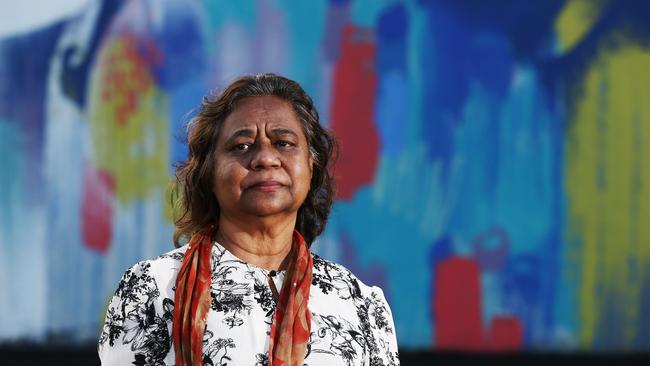
CHRIS TAMWOY
MUSICIAN
What do you think are the next steps that need to be taken in Australia to help us move forward with reconciliation and equality?
To fully understand the past, that these things have been done and we can’t change what happened. We need to come together to understand and we need to do that in a positive manner and recognise that we have come a long way as a nation that is diverse. We need to create change so our children can live in an environment without having to worry about the colour of their skin.
What are some of the standout experiences, good or bad, that you recall, growing up as an indigenous person?
I consider being able to graduate Year 12 in 2013 one of the great experiences growing up indigenous. There have been instances where I have been profiled but I don’t give that too much attention. It is hard to teach dumb people not to think dumb things. But there have been more positive experiences in my life than negative – I am a musician and have been able to perform on world stages.
What do you think needs to be done to help improve overall outcomes for indigenous Australians?
People who have been incarcerated are still human beings. They should be punished for their wrong doings if a crime calls for it; but before there was western law there was tribal lore. They had consequences for what they did within their community. If a crime is committed within a community there should be opportunity for elders to help guide the process.
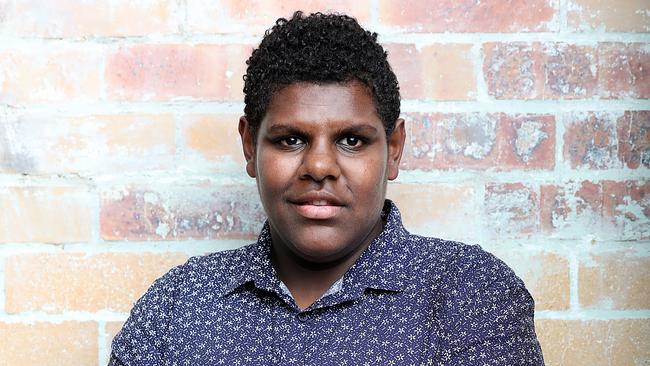
DANIEL O’SHANE
ARTIST
What do you think are the next steps that need to be taken in Australia to help us move forward with reconciliation and equality?
There are definitely tangible ways such as a treaty for Aboriginal and Torres Strait Islander (indigenous) people. A treaty would allow issues concerning indigenous land/sea rights and our people, to be led and managed by indigenous people. We need to hold our ourselves accountable for the way we conduct ourselves, the beliefs we have, the way we are so quickly to judge and how we treat others.
What are some of the standout experiences, good or bad, that you recall, growing up as an indigenous person?
The stigmas associated with the indigenous people of this country by those who have never bothered to do their research, to find out even a small part of their country’s history and then to have such a shallow and misconstrued view towards a race of people is such an injustice and leaves a pit in my stomach. In saying that, I am proud of who I am, of my culture and the platform I have been given to deliver and share my art and history with those who are interested and want to learn.
What do you think needs to be done to help improve overall outcomes for indigenous Australians?
Indigenous Australians need to stop being seen as a ‘separate’ group. This indifference is what causes the separation and explains how we can tolerate or completely ignore such dreadful incarceration rates and it is simply seen as an attribute to our background or identity.
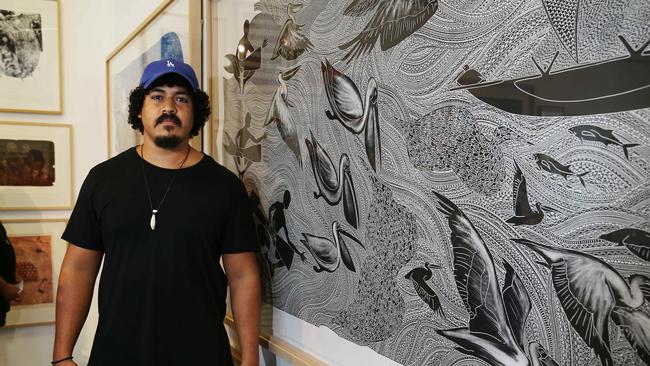
Originally published as Black Lives Matter: Traditional owners speak out
